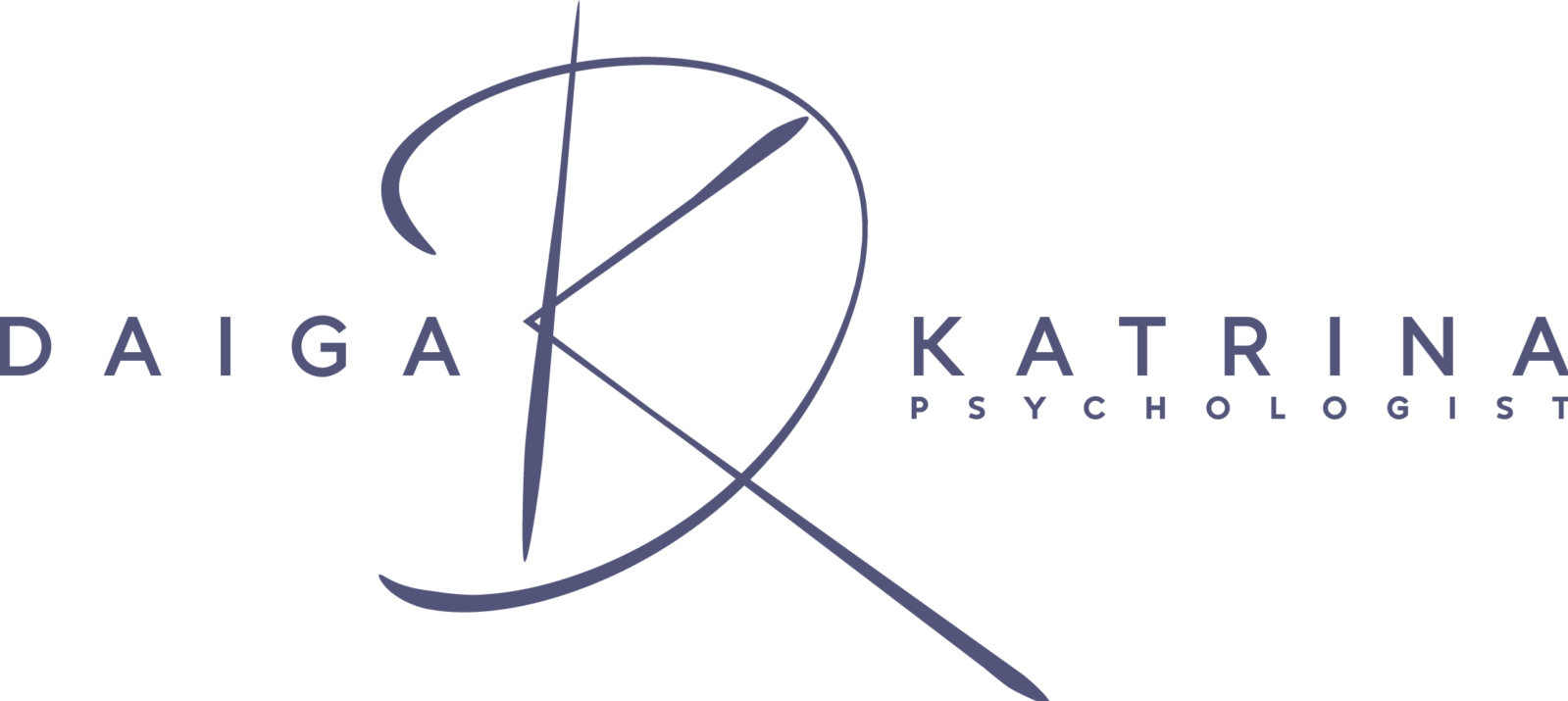What qualities must be cultivated in order to find a sense of meaning in life?
One of the biggest myths about a sense of meaning in life is that it comes and goes on its own - that you don't have to make an effort, you just have to wait. However, obtaining a sense of meaning in life is not a passive process - it requires informed, active research, action, involvement and ownership.
Finding a sense of meaning in life is the result of active action. It comes from making conscious choices that are aligned with one's value system.
The ability to reflect and the ability to interpret are essential prerequisites for finding a sense of meaning in life. Both are skills that need to be developed - read on to find out how to work on them!
Why? Because to have a sense of meaning in life is not only to be able to experience the world as it is, but also to:
- be able to understand that achieving a goal is not just a matter of doing, but a clear and values-based orientation towards coherent behaviour and actions;
- be able to form their own ideas and conclusions about the world, to create "maps" of their lives and experiences that fit into the overall context of the world;
- to be able to evaluate one's life not only in terms of positive or negative feelings experienced, but also in terms of a sense of worth that is derived from broader conceptual criteria.
Instead of an automatic process in which life experiences evoke certain emotions, the emergence of a sense of meaning depends on how one reflects on one's life in the context of universal values, expectations and standards. It is a deep, abstract, conceptual work. Moreover, it is perhaps man's most fundamental capacity that distinguishes him from other mammals.
How to develop the ability to reflect and interpret?
- Taking time to reflect - finding moments in your daily life to focus on your thoughts, think about your thoughts and evaluate them.
- Asking questions about yourself - seeking answers to questions about your personality, abilities, talents, thoughts, emotions, actions, behaviour, etc. For example, what are my strengths and weaknesses? What are my values and priorities in life? How is it that I behave this way in relationships?
- Getting other people's opinions about you - listening to how you are perceived by your peers and asking for feedback from trusted loved ones - can give you a valuable perspective on yourself that may not have occurred to you.
- Reflecting on past experiences - taking time to reflect on both positive and negative past experiences, and making conscious conclusions about how past experiences have shaped you as a person and what can be learned from them.
- Questioning - challenging your own and existing social assumptions, looking at alternative perspectives and making judgements about them.
- Mindfulness practice - developing presence in the present moment, with a positive attitude towards oneself.
- Keeping a diary - Writing can help you to formulate and organise your thoughts and encourage further reflection.
- Reading - gaining knowledge can stimulate critical thinking and broaden your understanding of yourself and the world.
- Working with a professional - sessions with a psychologist, psychotherapist, coach, spiritual teacher or any other professional counsellor, coach or mentor can broaden your perspective on yourself and stimulate the development of reflective and interpretive skills.
A sense of meaning in life is not to be found in the outside world. It comes from active work in the inner world, through which one finds a place in the outer world that is consistent with one's value system.
This free content is produced in my spare time without pay. If you see value in what I do, I'd be happy to make you a coffee! It's like a spur to create new content! 🙂
For a more in-depth study, I invite you to watch the online lecture "What makes a sense of meaning in life, and how to find it?"
Join my website content subscriptions and in addition to this lecture, receives other materials - on stabilising identity and sense of self, on psychologically healthy spirituality and spiritual experiences. Lecture recordings, practice and worksheets for independent self-discovery are available. The range of materials is independently updated.








